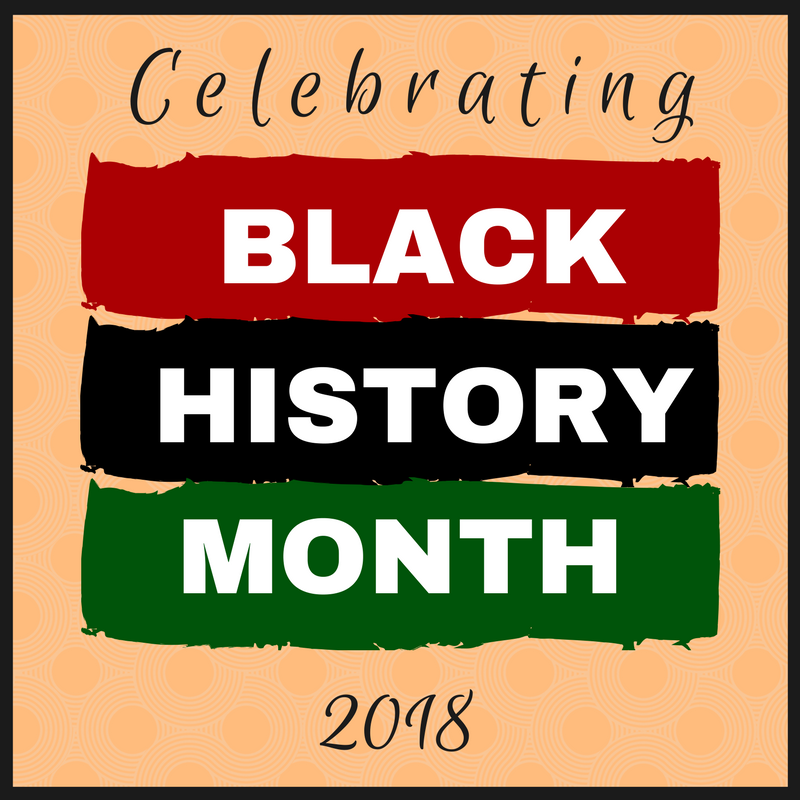A large part of our work is focused on improving the workplace for women, so we are constantly reminding ourselves that no two women’s experiences are equal. When this past November’s election exposed a major racial divide in the way women voted (94% of black women voted for Hillary Clinton, while only 43% of white women opted for the female candidate), we felt compelled to analyze our own data, considering how women of different races have reported their experiences in the workplace.
In general, black women are less likely than Caucasian to report the highest levels of job satisfaction in their employee reviews. And they are also more likely to report the lowest levels of job satisfaction. Twenty-five percent of black women said their overall job satisfaction levels were 1 or 2 (on a scale of 1-5) compared to 21% of Caucasian women. On the other end of the job satisfaction spectrum, only 10% of black women said their job satisfaction levels were 5, compared to 16% of Caucasian women.
We know that women of color experience different unconscious biases, face different types of discrimination and experience different resulting gender pay gaps. We also know that many advocates for gender diversity and equality do not always account for these differences. That’s one of the reasons we loved the recent film “Hidden Figures” – which portrays women of color defying just about every racial and gender stereotype. If you haven’t seen the movie yet, we highly recommend it!
On a more individual level, mentoring – whether casually or through a company initiative – can have an enormous impact on someone’s work experiences. When the late Gwen Ifill – a trailblazing journalist – passed away last year, Yamiche Alcindor of The New York Times told NBC News, “Gwen mentored me and was someone I could turn to for advice both as a journalist covering politics and as a black woman navigating newsrooms. She would take the time to watch me on TV and give me feedback even though she had so much of her own work to do […] I’ll miss her dearly as she taught me so much about being strong, being tough and taking the time to help out journalists younger than me.”
Black History Month is an important reminder of where we’ve come from and the work we have left to do. We hope that each year its significance will resonate well beyond February – and that it will inform the way employers and individuals make decisions that affect others’ experiences.




